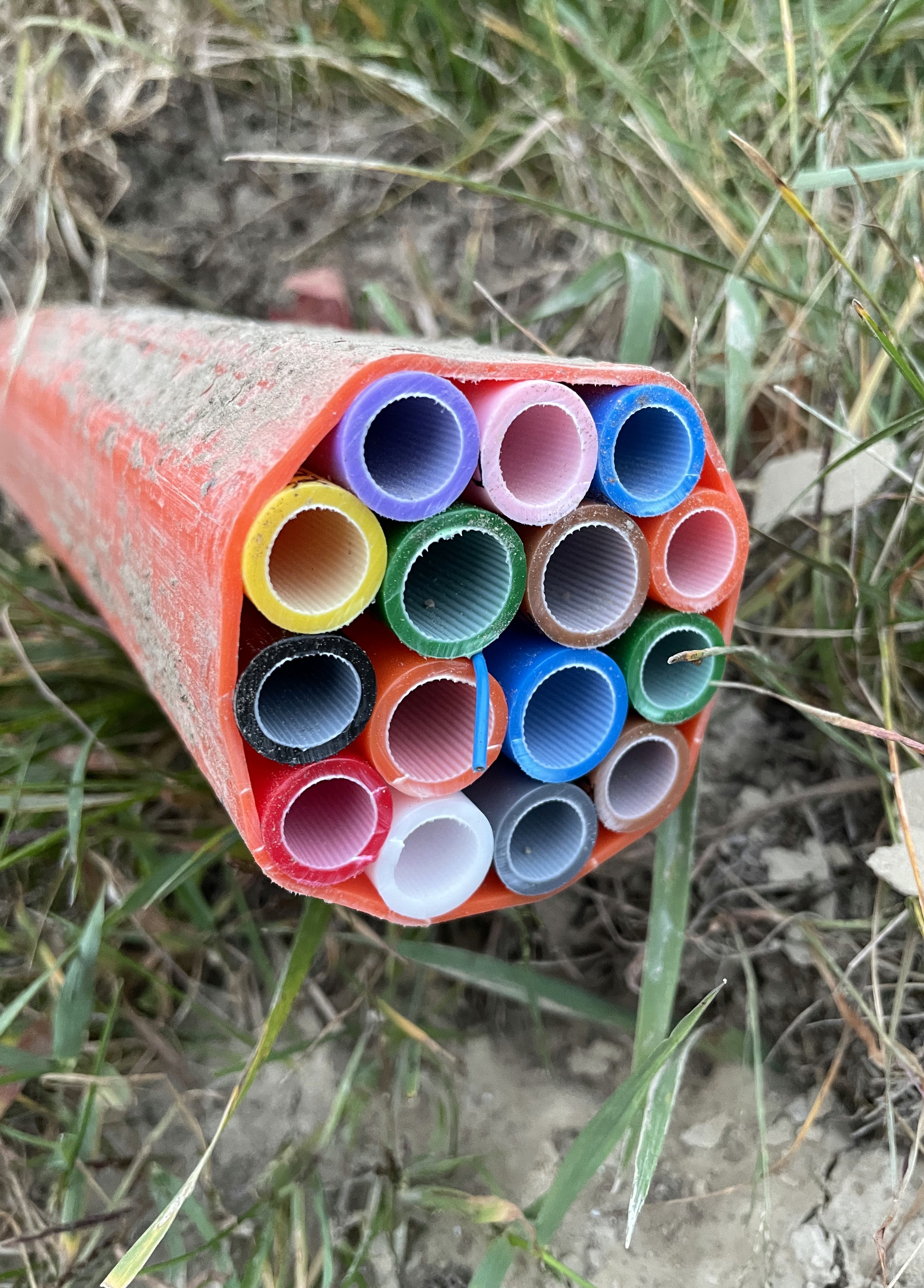this post was submitted on 07 Jul 2023
115 points (96.0% liked)
pics
19585 readers
498 users here now
Rules:
1.. Please mark original photos with [OC] in the title if you're the photographer
2..Pictures containing a politician from any country or planet are prohibited, this is a community voted on rule.
3.. Image must be a photograph, no AI or digital art.
4.. No NSFW/Cosplay/Spam/Trolling images.
5.. Be civil. No racism or bigotry.
Photo of the Week Rule(s):
1.. On Fridays, the most upvoted original, marked [OC], photo posted between Friday and Thursday will be the next week's banner and featured photo.
2.. The weekly photos will be saved for an end of the year run off.
Instance-wide rules always apply. https://mastodon.world/about
founded 1 year ago
MODERATORS
you are viewing a single comment's thread
view the rest of the comments
view the rest of the comments


I did this for work a few years ago in New Zealand and they run them through neighbourhoods with enough for each house and spare ones for errors and expansion. Particularly in commercial areas because some businesses need multiple lines.
The fibre itself is a piece of glass the size of a strand of hair with infrared shot down it, but with the casing it looks similar to that small blue one poking out there. Can’t remember exactly how many but that’s the size of a single line so you can fit a lot of them.
Wow ok the fiber line that runs into my house is way more shielded and bulked up than that little blue one, so my estimate was wayyyy off. So yeah hundreds of strands could fit in there. How often do they put a switch in neighborhoods? Maybe less often than I thought!
They run through boxes dug into the ground and that’s where a connection is made using electrical arcs to weld the two ends of glass together and keep them housed. Then the business end tends to go to a telecom building either directly if it’s a small town or through their current system the copper was on.
It’s been a few years I’m a little sketchy on the details obviously lol but thought I might as well jump in the discussion.
Right on, thanks for the info! I consider this a moment of great success for young Lemmy- on r/ regardless of the topic there always seemed to be someone with experience who would show up and share some of their knowledge. And this feels like the same thing here in a fiber cable laying thread. Cheers!
They’re used to be; now it’s just puns and jokes for the most part. I loved that about reddit and I hope Lemmy thrives in this way too
When they installed it to my house, they left some of the bare fibre lying on the ground. It's a little thicker than the fibre you see in those "fibre optic flower lamps", but not by much. If I'm not mistaken, the blue wire you see in the picture is to help detect the cable after it's buried.
Good catch, that’s exactly what that is. Just to clarify my Job was to take it from the boundary of the property and finish the connection so I’m not super knowledgeable on those main lines but the fibre shot through them to us was about the size of that blue wire. There’s also a type that goes along phone lines instead of underground and that’s a thick black one with Kevlar in it.